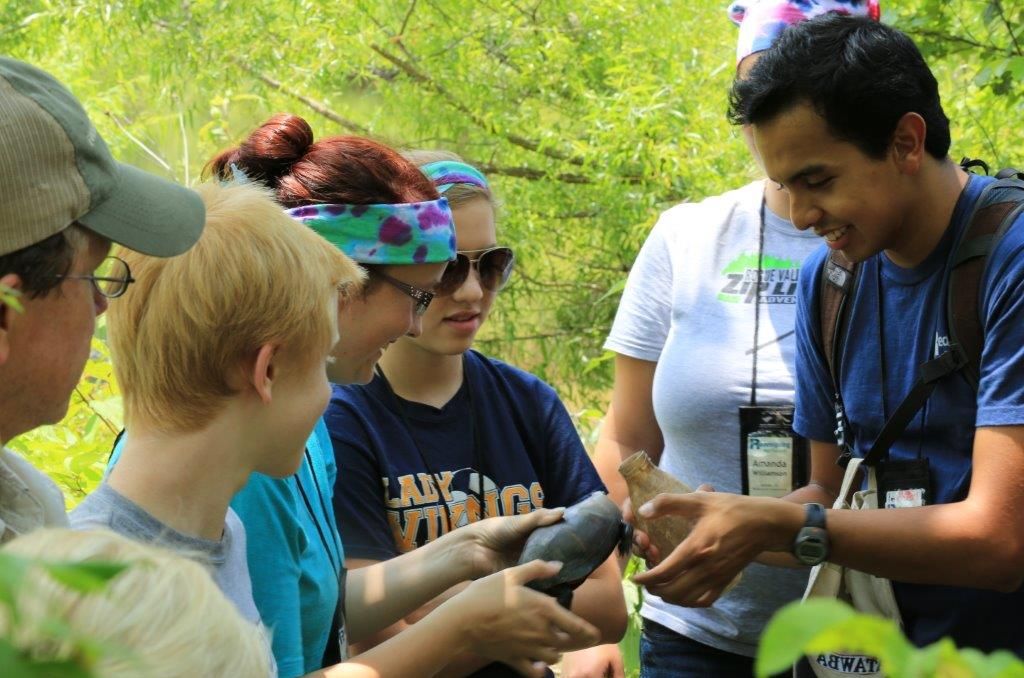Students charged to become environmental leaders
Published 12:00 am Thursday, July 17, 2014
The National Environmental Summit for High School Students at Catawba College brought talented and committed speakers, faculty and students to Catawba College for intensive study five days in July.
“We had people from all parts of the country converging on the Catawba campus,” says Dr. John Wear, executive director of the Center for the Environment at Catawba and summit founder. They included Marty Pickett, Devi Glick and Robert McIntosh of Rocky Mountain Institute in Colorado; Heather White of Environmental Working Group in Washington, D.C.; Robin Emmons of Sow Much Good and author Francis Koster from North Carolina.
“All the organizations that were represented brought a lot to the table,” Wear says. “It was a wholesome combination of very different viewpoints.
“Our goal is to help students understand that they can make a difference in the stewardship of the environment by experiencing things early on that will help set the stage for their future paths,” Wear says.
Emmons, executive director of Sow Much Good, a nonprofit organization that works to supply fresh produce to low-income neighborhoods in Charlotte, engaged the students from the very beginning of the summit. “She demonstrated that one person can have a significant impact on her own community as well as that of others,” Wear says. “She charged students to make a difference.”
Rocky Mountain Institute speakers charged students to look at the big picture when they tackle issues. “RMI’s forte is whole systems thinking — to consider the whole issue instead of the parts — as well as communication and collaboration,” Wear says. “All are critical to being an effective leader.”
Environmental Working Group’s White charged students to develop effective communication skills to advance their cause. And sustainability promoter Koster shared what students throughout the country are doing to bolster environmental stewardship in their schools and communities.
“We had excellent faculty from Catawba who led the focus groups,” Wear says. They tied the students’ general interest areas to environmental stewardship. “Our intent is to reach all students, regardless of their future vocations.”
Catawba faculty who participated in the summit include: Dr. Jay Bolin, assistant professor of biology, whose focus group was called “Invasive Alien Plants and Animals: Friend or Foe to the Environment?”; Linda Kesler, assistant professor of theatre arts, “Stories in Support of Your Cause”; Dr. Seth Holtzman, assistant professor of philosophy, “Go Ahead: Change Your Mind”; Dr. Charles McAllister, professor of history, “Sacred Spaces: Global Heritage and Conservation”; Dr. Joe Poston, associate professor of biology, “A Backbone for Conservation”; and Cyndi Allison Wittum, lecturer in communication arts, “Green Inc: Blogging for a Better Tomorrow.”
Wear spoke highly of the students who traveled from across the country to participate in this year’s summit. “I was impressed with their level of engagement,” he says. “They were really excited about what they were learning.”
The Center for the Environment and Catawba students who served as counselors facilitated all aspects of the summit. “It takes a lot of people to make an enterprise like this a success,” Wear says. “It all came together in beautiful fashion.”



